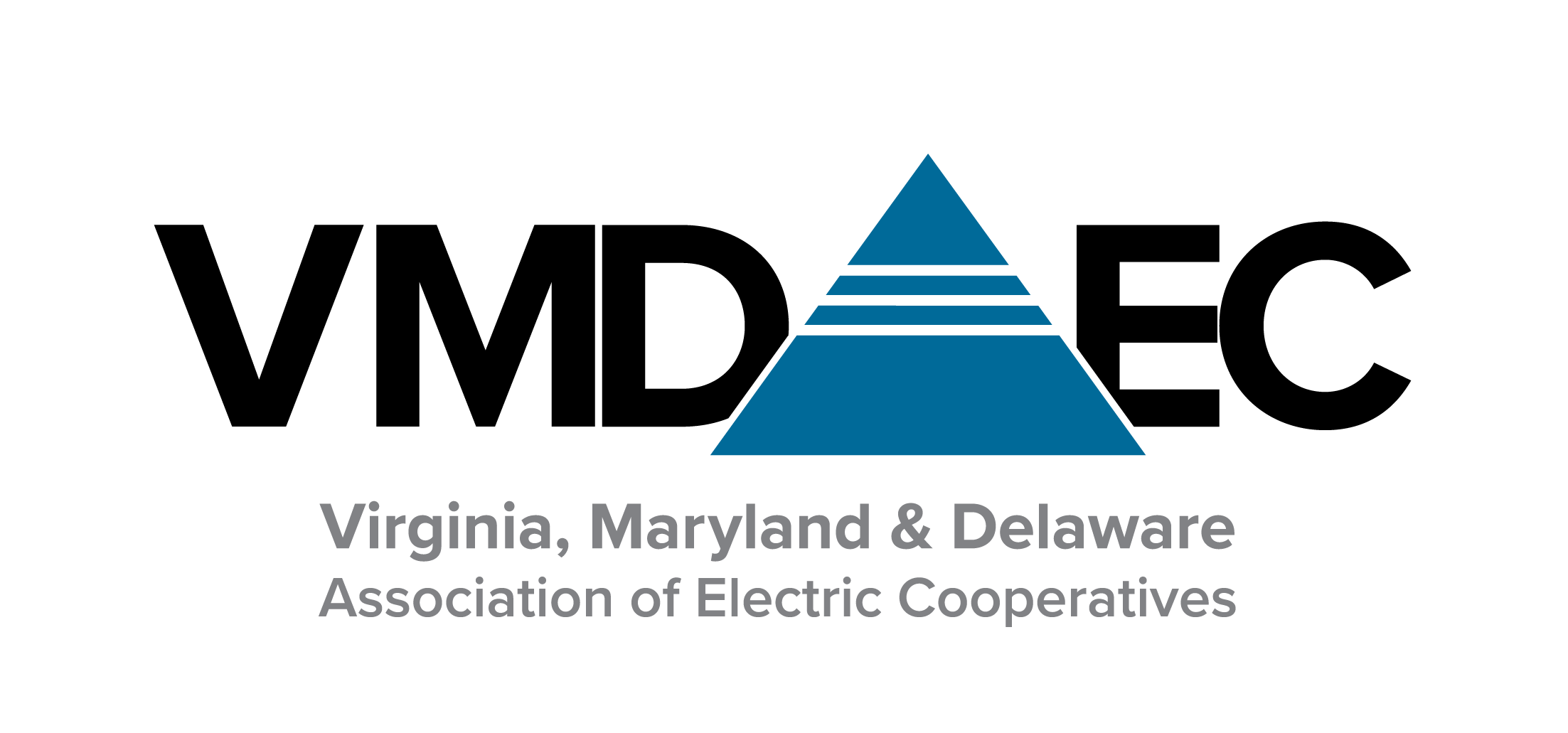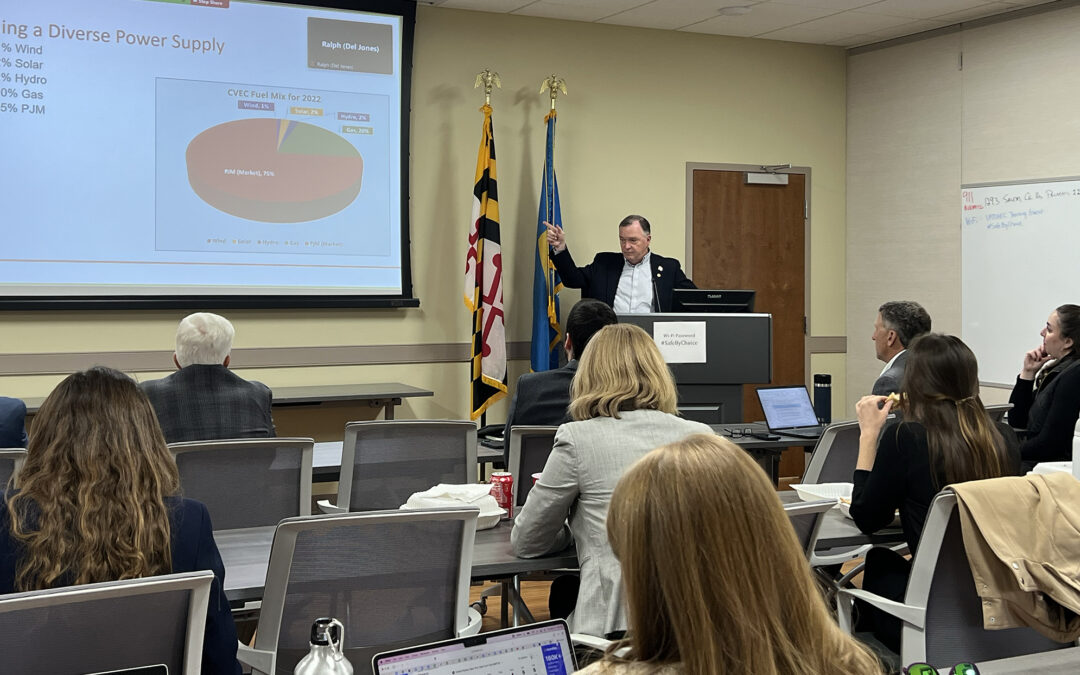In a year that witnessed a significant influx of newly elected Virginia legislators, the importance of providing education on the electric utility industry and its challenges cannot be overstated. On Dec. 21, the Virginia, Maryland & Delaware Association of Electric Cooperatives held its first-ever Utility University to help bridge the knowledge gap. Co-op leaders were joined at the event by several legislators, including Sen. Chris Head and delegates Amy Laufer and David Owen.
Hosted at the VMDAEC Training Center in Palmyra, Va., Utility University was designed to provide essential education to Virginia legislators, offering insights into the electric utility industry and fostering informed decision-making for a sustainable energy future.
Sen. Creigh Deeds and Del. Michael Webert kicked off the day with an introductory keynote address followed by an overview of Virginia’s utility industry from former Del. Albert Pollard. He offered insights into the various facets of the industry, with topics ranging from service territories, rates and types of utilities to the distinct roles of regional transmission organizations.
Chelsea Harnish, executive director of the Virginia Energy Efficiency Council, took the stage to provide an overview of energy efficiency in Virginia, emphasizing the crucial role legislators play in these efforts. Harnish delved into the policy-driven successes in Virginia and shed light on federal funding for energy efficiency, illustrating its impact on the state’s progress. Sadie Gary, VMDAEC external affairs manager, and Stephanie Kane, ODEC director of government relations and external affairs, followed with a “Co-ops 101” presentation. They covered the history of electric cooperatives, capital credits, co-op governance, energy-efficiency programs, and the evolving relationship between Virginia co-ops and their broadband internet subsidiaries.
Will Cleveland of Lighthouse Policy & Law provided valuable insights into the Virginia Clean Economy Act, explaining its main principles, goals and implications for grid reliability and cooperatives. He also discussed the historical context, energy trends, and the impact of the State Corporation Commission on utility legislation.
Gary Wood, president and CEO of Central Virginia Electric Cooperative and Firefly Fiber Broadband, presented on grid reliability during the energy transition. Wood highlighted CVEC’s efforts to diversify its power supply and lower rates, focusing on renewables, energy-efficiency programs and the role of Firefly, CVEC’s broadband subsidiary, in enhancing overall reliability.
The event concluded with insights from representatives of the SCC, shedding light on the SCC’s interplay with utilities, including its role in utility legislation and rate adjustments. Utility University provided a valuable platform for dialogue, fostering understanding and collaboration between Virginia legislators and their electric cooperatives. The knowledge shared during this event sets the stage for informed decision-making, contributing to a resilient and sustainable energy future for the commonwealth.


